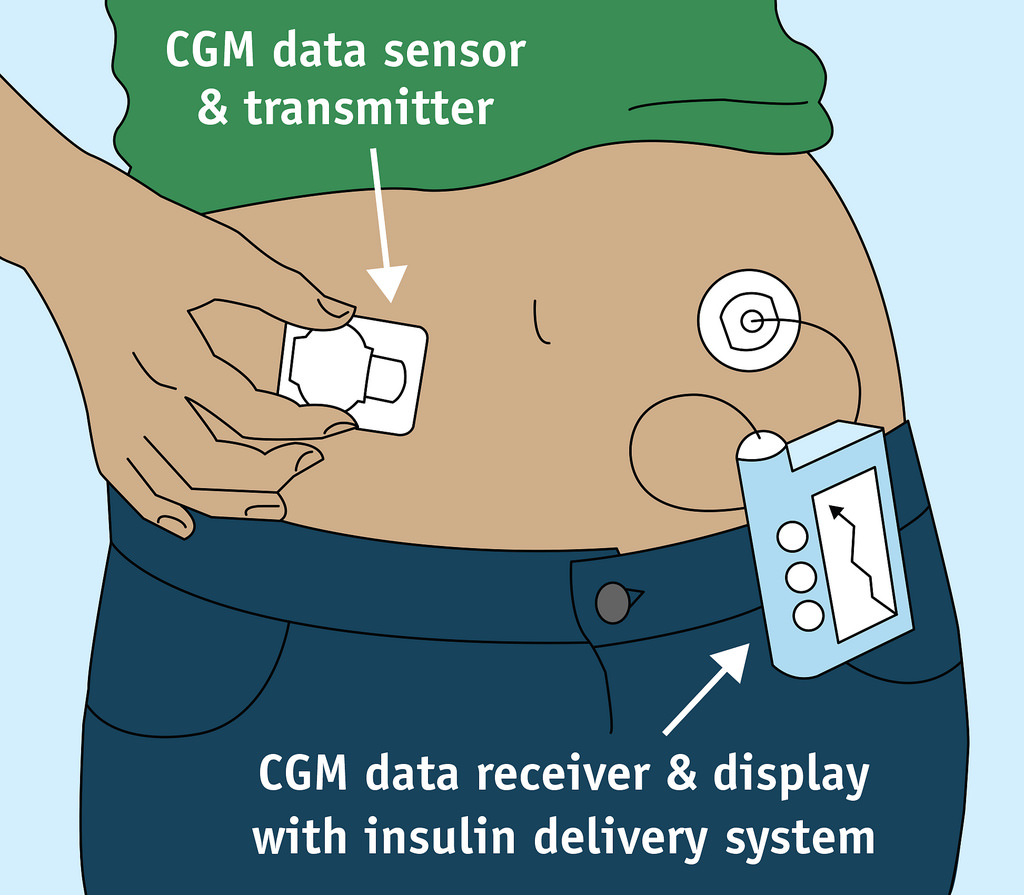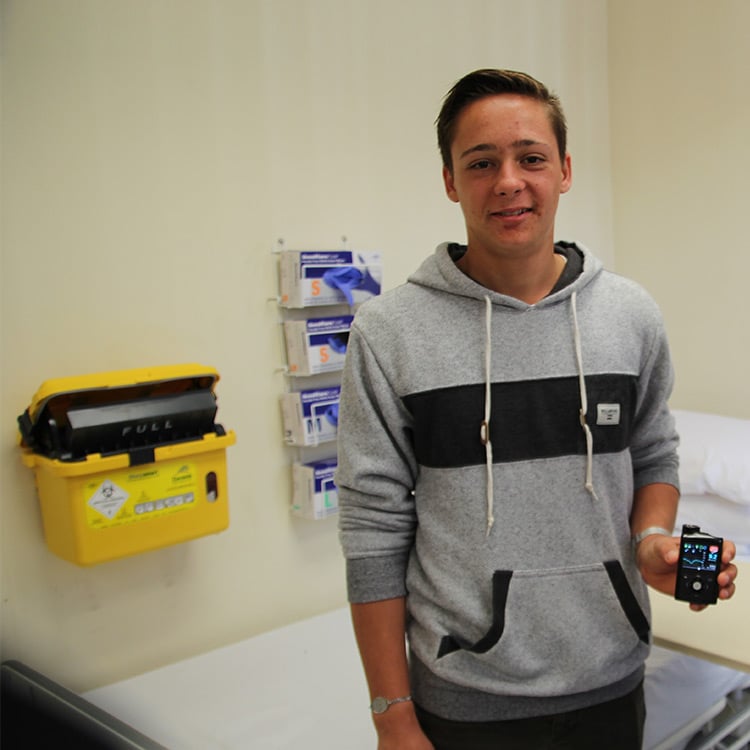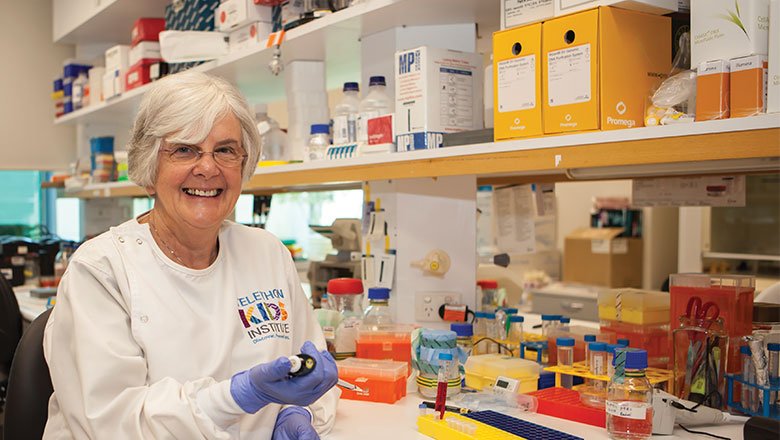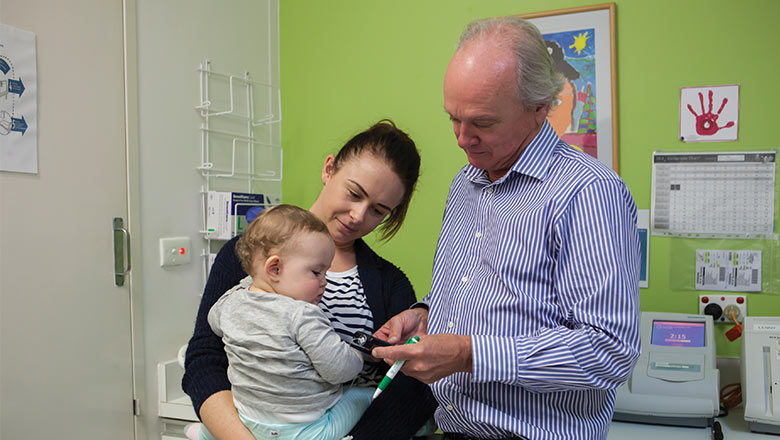Search

Research
Closed Loop Study – Day and Night Feasibility StudyA Closed-Loop System will potentially have a major impact upon acute and chronic complications of diabetes as well as upon their quality of life.
Research
Effect of blood glucose levels on the amount of glucose needed to maintain stable blood glucose levels during and after moderate intensity exercise in young people with type 1 diabetesDetermining if hyperglycaemia prior to and during exercise affects the amount of carbohydrate required to maintain stable glucose levels during/after exercise
Research
Epidemiology of hypoglycaemia in childhood-onset diabetes in Western AustraliaInvestigating the demographic, lifestyle and diabetes management factors associated with the incidence of severe hypoglycemia

News & Events
How to support a friend who has type 1 diabetesClinical psychologist from the Children's Diabetes Centre Dr Keely Bebbington has some top tips on how to support a friend who has type 1 diabetes.

News & Events
Local researchers lead biggest ‘artificial pancreas’ outpatient studyThe Children’s Diabetes Centre at The Kids Research Institute Australia is leading the longest and largest at-home trial of a hybrid closed-loop insulin pump system.

News & Events
A new approach for research with Aboriginal communitiesWinning the support of a remote Aboriginal community paved the way for a pioneering genetics study.

News & Events
Latitudinal gradient in childhood diabetesNew research from Perth's The Kids Research Institute Australia has shown the local relevance of a worldwide pattern of increased risk of childhood type 1 diabetes.

News & Events
New focus on type 2 diabetesResearchers at the Children’s Diabetes Centre at The Kids Research Institute Australia have begun researching type 2 diabetes to tackle the rising incidence of the disease among young people in Australia.

News & Events
The hidden burden of diabetesWhen Jodie and Brad Scott welcomed their fourth child Heath into the world, they were prepared for the many sleepless nights that come with caring for newborns.

News & Events
Improving the lives of kids with Type 1 DiabetesDiabetes research got a huge boost when the WA Children’s Diabetes Research and Education Centre for Research Excellence opened late last year.
